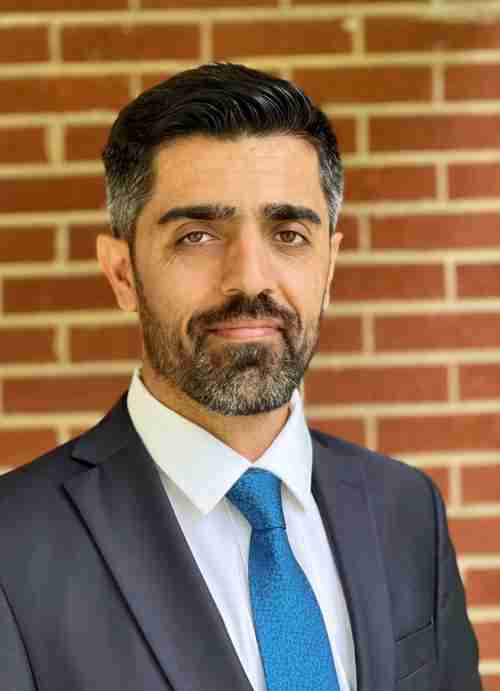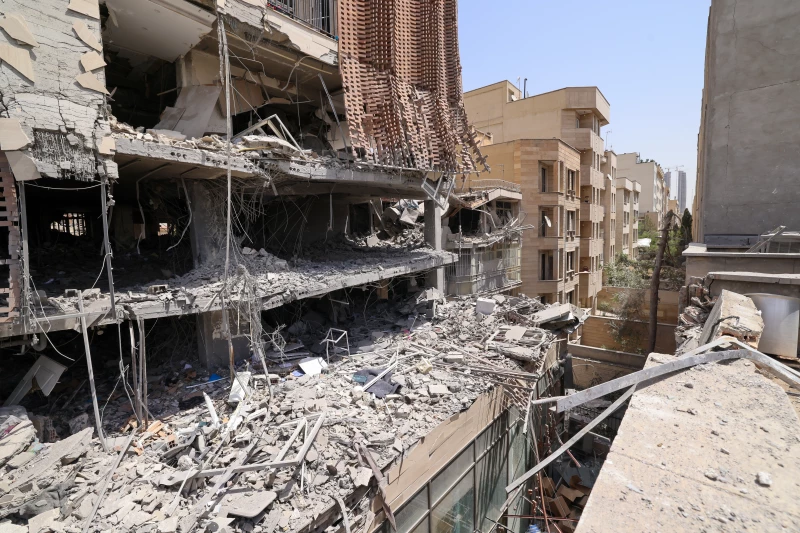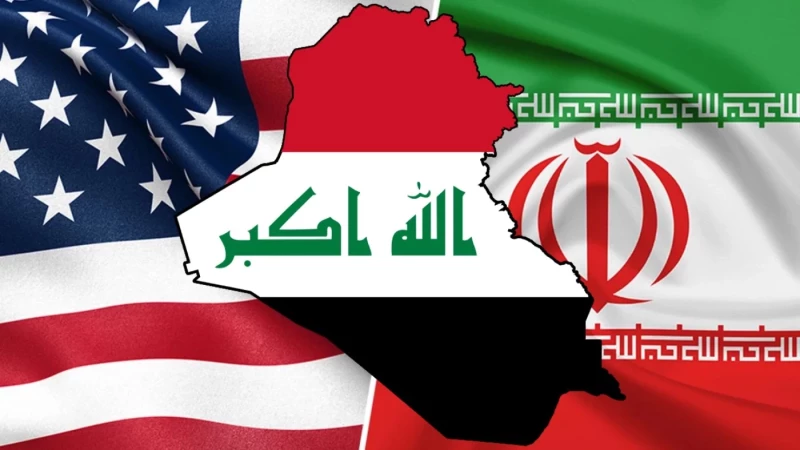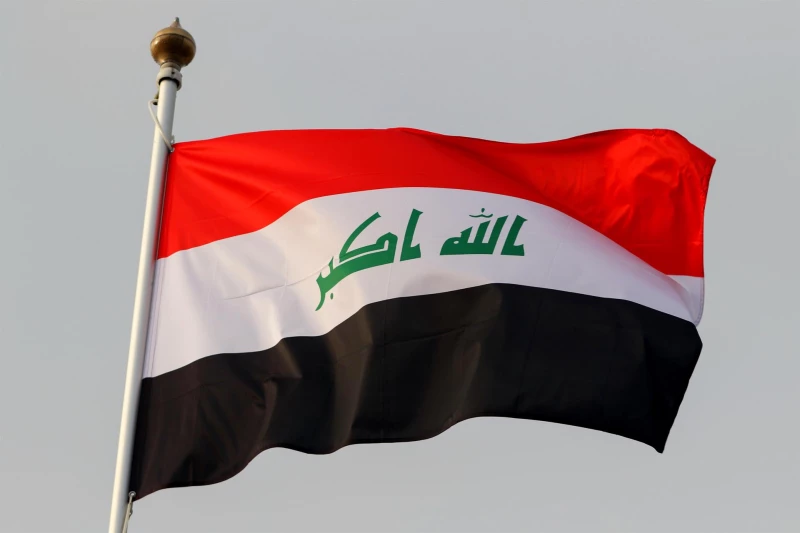It has now been almost three months that nearly 1.2 million civil servants, retirees, and recipients of social benefits in the Kurdistan Region have not received their financial dues after the federal government of Iraq halted the disbursement of the Kurdistan Region’s share of the national budget. The decision followed Baghdad’s objection to gas deals signed in May by the Kurdistan Regional Government (KRG) with U.S. energy firms HKN Energy and Western Zagros, worth an announced $110 billion.
While this is not a new problem, Baghdad’s insistence on what amounts to collective punishment raises serious questions about how it views the Kurdistan Region’s population—perhaps even more so than its government—and what objectives it is pursuing. Baghdad’s behavior is unbecoming of any government authority toward a significant segment of the citizenry it claims to represent. There is no justification for entangling the Kurdistan Region’s civilian population in Baghdad’s disputes with the KRG. That Baghdad willfully and knowingly inflicts economic harm on millions who depend on state transfers for survival is inexcusable. This situation is even more troubling and unjustifiable when one considers that Baghdad continued paying salaries to Iraqis in Sunni provinces under Islamic State (ISIS) control between 2014 and 2017. The disturbing message this sends is that Baghdad may view the KRG as worse than ISIS.
Baghdad’s financial pressure campaign began in 2014, when then-Prime Minister Nouri al-Maliki cut off the KRG’s budget share in response to Erbil’s independent oil exports. Since February 2022, however, the Shia-led government has leaned heavily on a ruling from Iraq’s Federal Supreme Court (FSC) to justify its position. That ruling, which declared the 2006 KRG oil and gas law unconstitutional and handed control over the Region’s energy sector to the federal government, is grounded in weak legal reasoning and a highly questionable interpretation of the Iraqi Constitution.
In a legal opinion, American jurist and international judge and arbitrator Stephen Schwebel robustly challenged the FSC’s ruling. First, under Article 112, the federal government’s authority to “manage” oil and gas resources is limited to “present” fields—that is, those already under development at the time the Constitution was written in 2005. Second, contrary to the Court’s conclusion, Article 110 does not grant the federal government exclusive authority to enter into commercial contracts or export oil; it grants the authority to formulate foreign and trade policy, which applies to state-to-state treaties, not contracts with private firms. Meanwhile, Article 111 affirms that Iraq’s oil and gas belong to all Iraqis—a general principle that the Court misinterprets as a basis for centralized control, despite being overridden by more specific constitutional provisions.
Those provisions include Article 115, which states that in cases of disputes over shared powers between the federal and regional governments, regional law prevails. Also relevant is Article 112’s requirement that oil and gas revenues be distributed “fairly” across Iraq. Baghdad has clearly failed to uphold this obligation.
Baghdad’s legal justification, built on the FSC’s ruling, is increasingly hollow. While the Constitution’s Article 94 declares that FSC rulings are “final and binding,” other arms of Iraq’s judiciary and executive branch have either disregarded or pushed for bypassing them in high-profile cases. One example is the current appeal by Prime Minister Mohammed Shia al-Sudani and President Abdul Latif Rashid for the FSC to rescind one of its earlier rulings that nullified a 2013 Iraqi-Kuwaiti agreement on maritime navigation and border demarcation—an agreement ratified by the Iraqi parliament. The issue has since evolved into a full-blown saga of political intrigue, culminating in the late June resignation of FSC Chief Justice Jassim al-Omairi, which many in Iraq believe is linked to the crisis the Court triggered in Iraqi-Arab relations under his leadership. The FSC, under new leadership, is expected to devise a solution around its earlier decision issued under Omairi. In another example in June 2024, Sudani, relying on prior court decisions and Saddam-era laws, reinstated Cardinal Louis Raphael Sako as Patriarch of the Chaldeans in Iraq and around the world, effectively reversing a presidential decision upheld by the FSC. In April, a Baghdad Court of Appeals operating under the Supreme Judicial Council (SJC) overturned the forgery charges against Mohammed al-Halbousi, a Sunni politician and former speaker of the Iraqi parliament, who had been dismissed from his position in 2023 based on the Federal Supreme Court’s acknowledgement of those charges. Given the recent resignation of Omairi, and in light of these precedents, there is little reason to believe that the SJC or the executive branch cannot similarly work around the FSC’s contentious ruling on the KRG oil sector. If not, it would only give credence to critics’ accusations that FSC rulings against the KRG reflect political will rather than constitutional basis.
Beyond the legal realm, Kurdistan is also under literal attack, as influential parties in Baghdad escalate an economic pressure campaign alongside recurring security threats targeting the Region’s stability and energy infrastructure. In recent days, while Baghdad continues to withhold salaries, Iran-backed armed factions have launched multiple drone attacks across the Kurdistan Region. When the KRG Ministry of Interior issued a statement on July 5 attributing the attacks to the Popular Mobilization Forces (PMF)—a loose alliance of mostly pro-Iran militias funded and armed by Baghdad—the federal government strongly denied the accusation.
Yet from the vantage point of Erbil or Sulaimani, the picture looks very different. The combination of financial strangulation and drone attacks increasingly appears as a two-pronged pressure campaign orchestrated by different wings of power in Baghdad to erode Kurdistan’s autonomy and stability. If the federal government truly disapproved of these armed attacks, it knows exactly who is responsible, and has the financial and legal authority to withhold funding and weapons from these groups. The PMF is an official wing of Iraq’s defense-security complex. If Baghdad can deprive six million civilians of their salaries over political disagreements with the KRG, why can’t it suspend salaries and arms transfers to militias that regularly provoke crises with the United States, Kurdistan, Israel, Jordan, the Gulf, Syria, and Turkey?
This deepening crisis is also a critical test of the strength of Erbil–Washington relations, particularly in the aftermath of the May gas deals, which were warmly welcomed by senior US officials as a model of US-backed economic diplomacy. In aligning with President Donald Trump’s commerce-focused foreign policy, the Kurdistan Region has staked a great deal on attracting US investment and strategic support. If that support is ever to materialize in concrete terms, it must happen now.
The US has tremendous economic leverage over Baghdad—leverage that should be used to push the federal government to fulfil its constitutional obligations to the Kurdistan Region. Baghdad’s ruling elite remains deeply embedded in the broader Iran-led axis, which itself is suffering from serious internal and regional decline. This is a moment where US influence can make a meaningful difference.
The solution is straightforward: Baghdad must either respect the KRG’s constitutionally protected authority over its energy sector or, if it insists on continuing this power-based approach, the US should encourage both sides to move toward a de facto confederal arrangement. Such a framework, as I wrote in a recent column, would allow the Kurdistan Region to develop and export its energy resources independently while maintaining formal ties within the Iraqi state and preserving joint interests in other areas such as security and water resources. Kurdistan is a small but resource-rich region, strategically located at the crossroads of the Middle East. A durable and mutually beneficial partnership with Washington—one grounded in commercial and geopolitical alignment—could offer lasting dividends for both sides.
The views expressed in this article are those of the writer and do not necessarily represent the position of The New Region's editorial team.

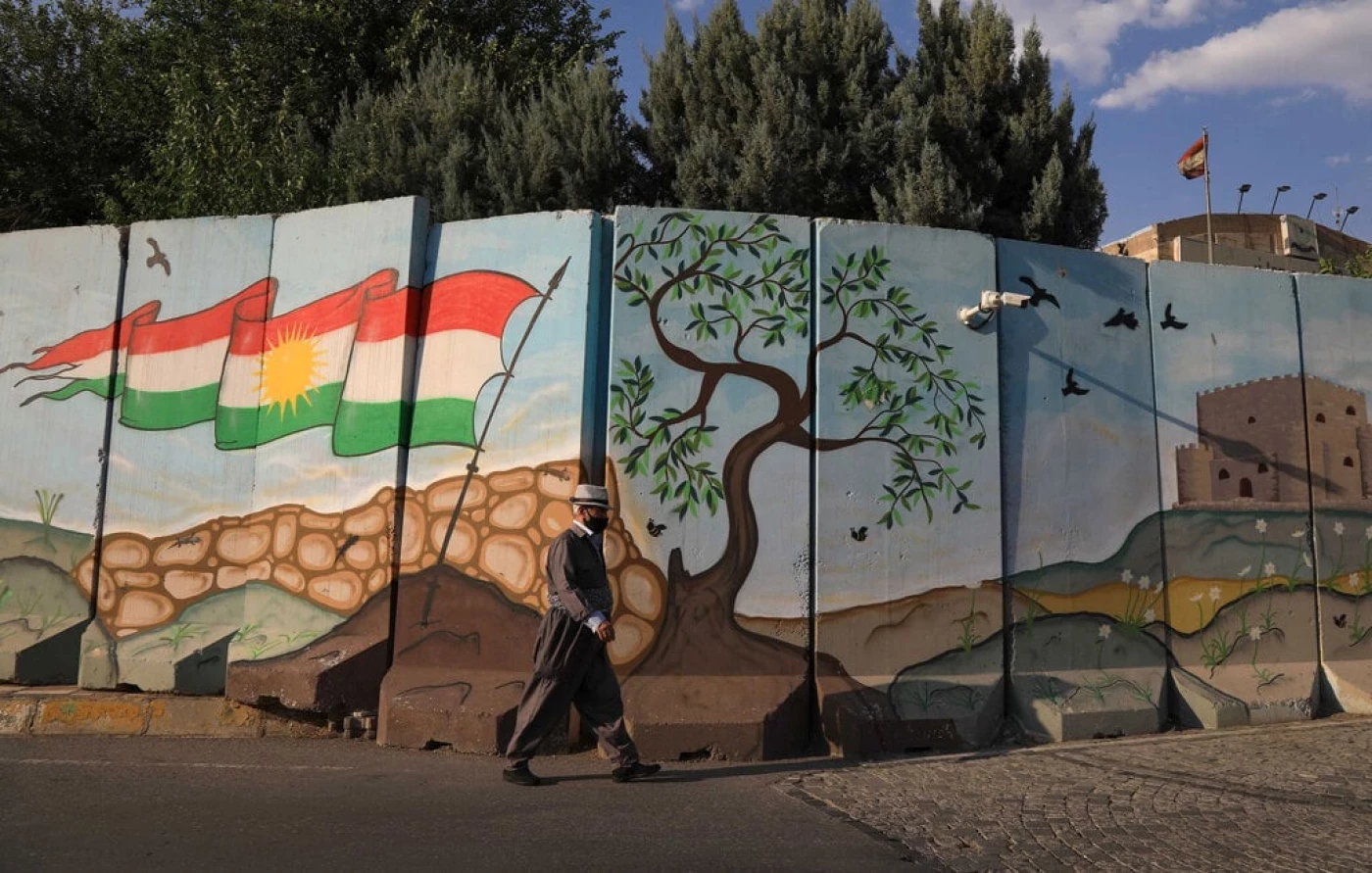
 Facebook
Facebook
 LinkedIn
LinkedIn
 Telegram
Telegram
 X
X
